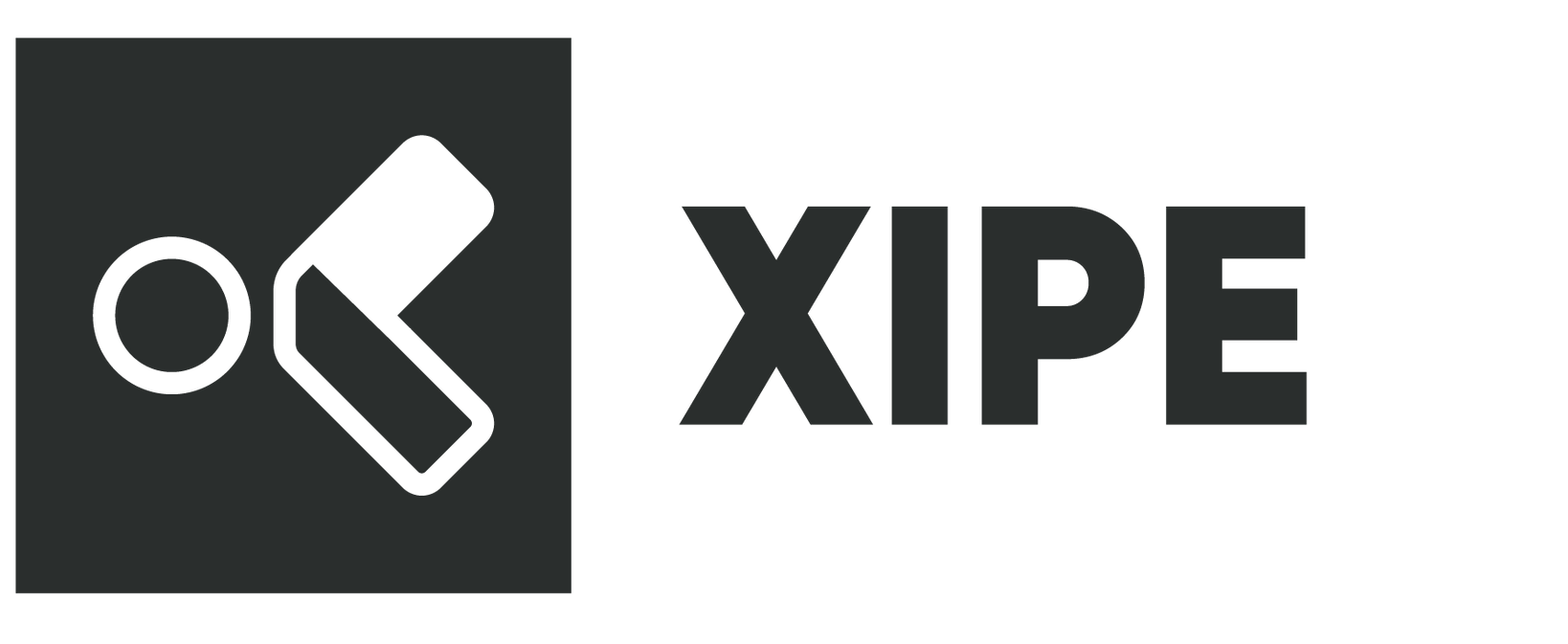When considering the creation of a team abroad for healthcare software development in other country, the complexities of US or EU regulations, such as HIPAA in the US, can present significant challenges.
However, by strategically selecting a tech provider company and adhering to regulations, it is possible to overcome these obstacles while enjoying the benefits of efficient collaboration, reduced time zones, and cost savings.
In this post, explore the technical and legal approaches to ensure compliance, maintain data security, and foster a robust cybersecurity culture for offshore healthcare software development.

The Technical Approach
Developing software without accessing sensitive data requires implementing a secure development environment. This can be achieved by following several key practices:
Secure Development Environment
Creating an environment where sensitive data is not accessible is crucial. This involves utilizing anonymized or simulated data during the development process.
Secure Communication Channels
Employing secure communication channels, such as encrypted messaging and virtual private networks (VPNs), ensures the confidentiality and integrity of data transmission.
Non-Disclosure Agreements (NDAs)
Enforcing NDAs with all team members and stakeholders involved in the project safeguards against unauthorized data disclosure and sets clear expectations for data handling and privacy.

The Legal Approach
To manage health data in other countries, US companies can rely on a HIPAA Business Associate Agreement (BAA). This legal framework establishes obligations and ensures compliance with privacy and security requirements. Key considerations include:
Privacy and Security Requirements
BAAs outline the necessary steps to protect sensitive health information and maintain control over data shared with foreign entities.
Legal Obligations
By formalizing legal obligations in the BAA, companies can mitigate risks associated with offshore healthcare software development and establish a foundation for regulatory compliance.

Successful Implementation: Our Experience
At Xipe, we have successfully overcome regulatory challenges in offshore healthcare software development. Here's a glimpse of our approach:
Simulated Data
We created a simulated data set that closely resembled real data, ensuring privacy while enabling efficient development.
Secure Development Practices
We implemented a robust CI/CD pipeline through GitHub, which allowed us to conduct comprehensive security checks and automated testing.
Encryption and Access Control
We prioritized encryption of sensitive information, restricted access to infrastructure, and implemented strong authentication measures to fortify our systems against data leaks.
Cybersecurity Culture
At Xipe, fostering a robust cybersecurity culture is a fundamental aspect of our operations. Our dedicated people team organizes regular informative sessions led by experts in the field, keeping our team updated on best practices, emerging threats, and effective information management policies.
Overcoming regulatory challenges in healthcare software development in other countries requires a well-planned approach. By strategically selecting a company, implementing secure development practices, adhering to legal obligations through a BAA, and fostering a strong cybersecurity culture, companies can ensure compliance, maintain data security, and unlock the benefits of offshore collaboration.
At Xipe, we are committed to delivering innovative healthcare solutions that meet stringent quality standards while protecting sensitive data throughout the development process.
Heriberto Aja 39A, Centro, 83200 Hermosillo,Son.
@2023 All Rights Reserved XIPE 2023
XIPE GROUP
